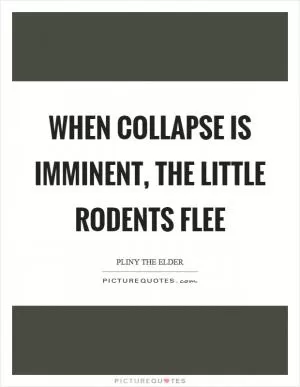No mortal man, moreover is wise at all moments

No mortal man, moreover is wise at all moments
Pliny the Elder, a Roman author, naturalist, and philosopher, is known for his vast knowledge and writings on a wide range of subjects. One of his most famous quotes is, "No mortal man, moreover is wise at all moments." This statement reflects Pliny's understanding of the limitations of human wisdom and the fallibility of even the most knowledgeable individuals.Pliny believed that wisdom was not a static state that one could achieve and maintain indefinitely. Instead, he saw wisdom as a dynamic and ever-evolving process that required constant learning, reflection, and growth. In his view, no one could be wise at all times because wisdom was not a fixed attribute but rather a journey of discovery and self-improvement.
Pliny's own life and work exemplified this belief in the imperfection of human wisdom. He was a prolific writer who produced numerous works on topics ranging from natural history to philosophy to military tactics. However, he was also known for his curiosity and willingness to question established beliefs and seek out new knowledge. Pliny was not afraid to admit when he did not know something, and he was always open to learning from others.
Pliny's humility and willingness to acknowledge his own limitations set him apart from many of his contemporaries. While other scholars and philosophers of his time may have claimed to possess all the answers, Pliny recognized that true wisdom lay in recognizing one's own ignorance and striving to overcome it.












 Friendship Quotes
Friendship Quotes Love Quotes
Love Quotes Life Quotes
Life Quotes Funny Quotes
Funny Quotes Motivational Quotes
Motivational Quotes Inspirational Quotes
Inspirational Quotes